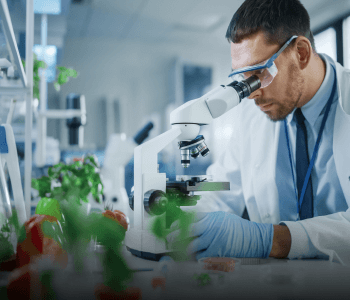Our commitment to sustainable development
Sustainability
Sustainable development
Sustainability is by definition the “right to live, produce and consume freely without compromising the right of future generations to live, consume and produce in the same way.”

We have embraced this very important concept and decided to take an active role: every choice we make is aimed at striking the right balance between economic, environmental and social responsibility.
Changing processes and habits is a very long and sometimes complex journey for both individuals and companies. However, we are confident that everyone's positive contribution can make a difference to the future of our planet.
Our path to sustainability involves many steps; some have already been taken, but there is still a long way to go.
Vision
We have undertaken a path to sustainability based on two elements that we consider essential for long-term value creation: commitment and
transparency. Our approach enables us to implement a measurable, verifiable, tangible, virtuous strategy.
In keeping with this vision, in 2023, we embarked on a structured and concrete journey that will frame our contribution to the Sodalis Group's sustainability strategy in a manner that is increasingly synergistic with the Group.

Our journey
ESG Assessment: we underwent environmental, social and governance performance assessment. We evaluated our daily practices and identified the issues on which we need to focus our efforts. The improvement actions suggested in the ESG Assessment enable us to contribute to specific Sustainable Development Goals (SDGs) from the 2030 Agenda.
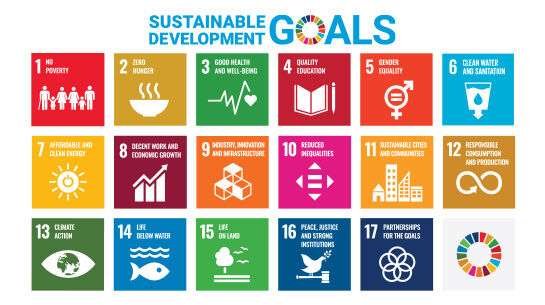
Stakeholder mapping: we consider stakeholder mapping a key activity in business processes; we believe their constant feedback and involvement in projects and initiatives to be crucial as they allow us to avoid potential risks or negative impacts and to set goals in a more informed way.
Organisational carbon footprint (OCF): we have formalised our commitment to fight climate change through the analysis and reporting of our environmental impact.
The study of the Organisational Carbon Footprint will allow us to identify and quantify greenhouse gas emissions to define a mitigation and compensation plan.
Sustainability Report: we published our first Sustainability Report, recounting the stages of our history, our milestones, the initiatives undertaken and those planned.


ESG Assessment: we underwent environmental, social and governance performance assessment. We evaluated our daily practices and identified the issues on which we need to focus our efforts. The improvement actions suggested in the ESG Assessment enable us to contribute to specific Sustainable Development Goals (SDGs) from the 2030 Agenda.




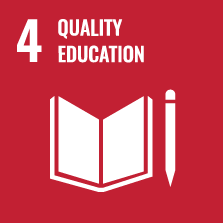


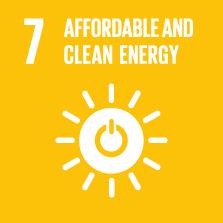


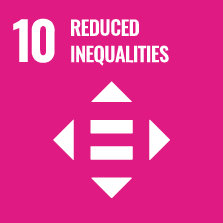
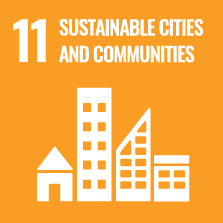



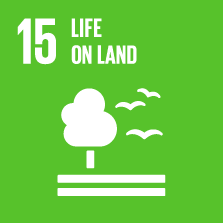


Stakeholder mapping: we consider stakeholder mapping a key activity in business processes; we believe their constant feedback and involvement in projects and initiatives to be crucial as they allow us to avoid potential risks or negative impacts and to set goals in a more informed way.
Organisational carbon footprint (OCF): we have formalised our commitment to fight climate change through the analysis and reporting of our environmental impact.
The study of the Organisational Carbon Footprint will allow us to identify and quantify greenhouse gas emissions to define a mitigation and compensation plan.
Sustainability Report: we published our first Sustainability Report, recounting the stages of our history, our milestones, the initiatives undertaken and those planned.
Our commitment




